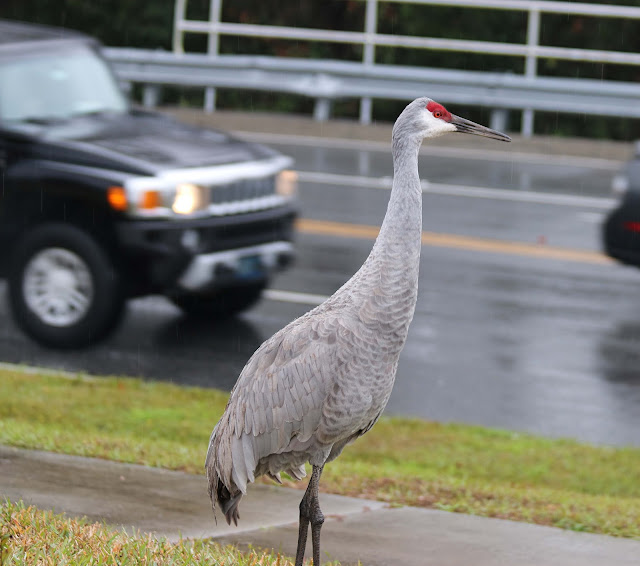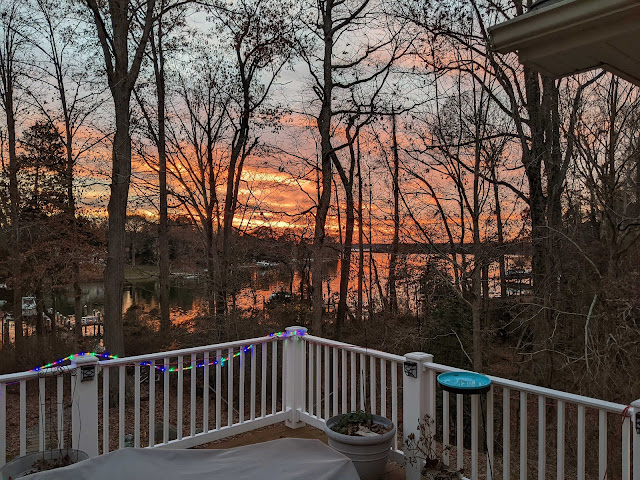I imagine the survey data may be collected and then stored on a server somewhere, perhaps never to be reviewed or only pulled out when they feel the data is compelling enough that it should be shared. Birds are easy to watch whether you are looking in your backyard, taking a walk in the park, or even walking along a shoreline. They are the easy reward for us elders. The only real gear is walking shoes, binoculars, and if needed, a notebook and a bird guide.
There are 56 datasets on birds that are of considerable importance and publically available. Go here: https://data.world/datasets/birds to spend a few hours falling down the white rabbit (bluebird) hole if you are addicted to birds and if you do not mind signing in to establish an account. Or an even easier site to peruse is Cornell Lab of Ornithology with its global data.
Marvelous stuff!
Thinking about this group I will mention that the largest bird is the ostrich and the smallest is the hummingbird. Birds can live from one to one hundred years. While they are becoming threatened there are still 10,000 species worldwide. But 49% of bird species are in decline! They are forced to live next to or in our artificial environments.
How can you save these descendants of the dinosaurs? Use reusable containers and paper...not plastic. Recycle instead of throwing stuff out. Reduce the lighting around your home during migrating season. Protect birds from hitting your windows by using decals or strips of foil on the glass to break the reflection of the sky. Do not use pesticides in your yard. If you are serious you can plant natives in your yard and provide water and safe places (no cats) for birds to rest during their migration or to nest during spring seasons.
Plant oak trees to increase the Lepidoptera population. According to Doug Tallamey (a famous author that native gardeners love), the oak trees support 534 species of insects that will feed your birds in the spring.
AND try to reduce your use of fossil fuels for the long-term slowing of climate change that impacts bird (and other wild animals) habitats greatly. And of course, you can donate to any of the numerous bird conservation societies or groups in your area.













